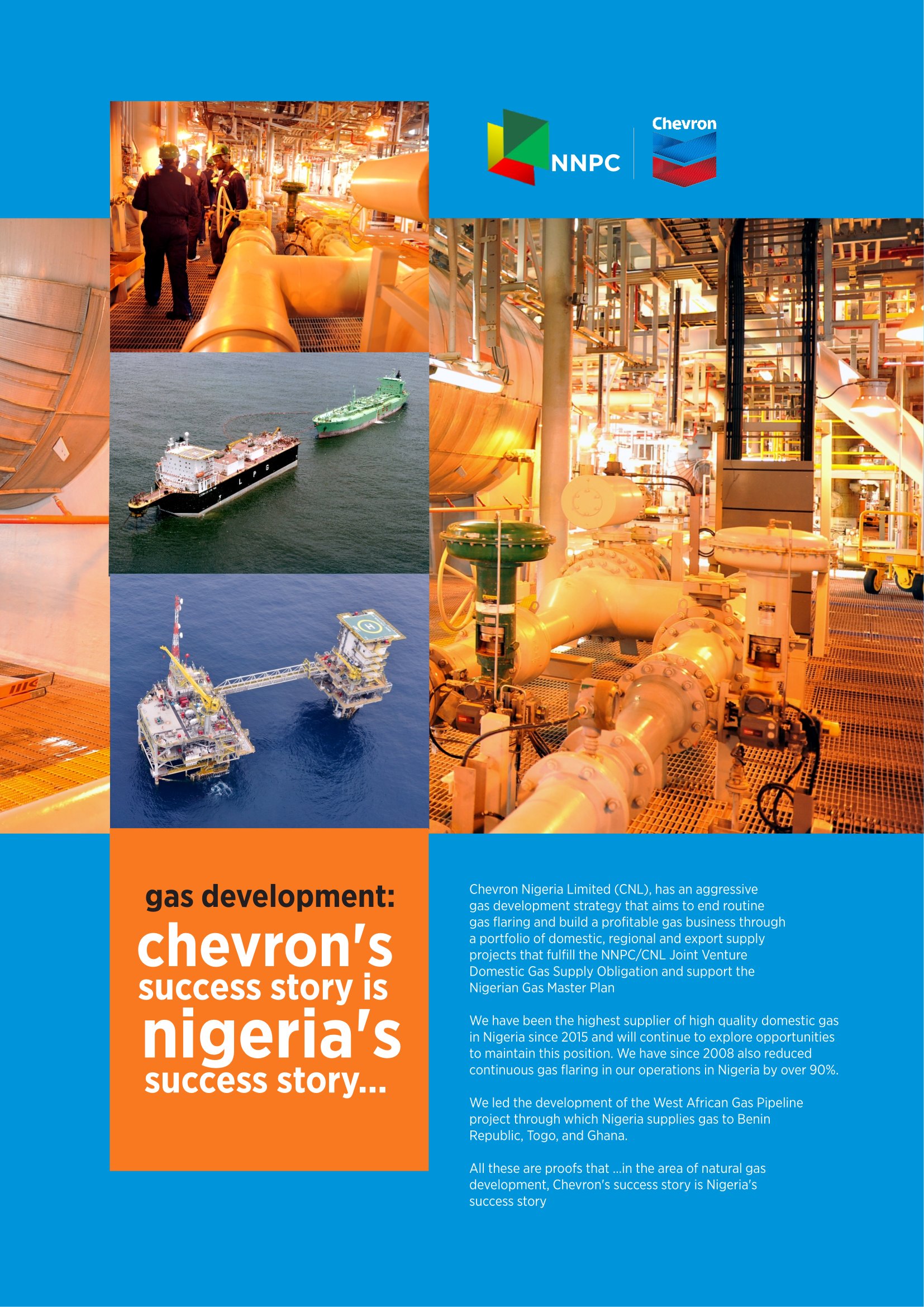By Chuks Oyema-Aziken
The influx of oil executives and lobbyists at ongoing COP29 in Baku Azerbaijan is already generating concern among environmentalists, fearing it my negate the essence of the climate talks.
The fear follows reports that thousands of dollars is being paid by oil giants to sponsor events in Baku.
Worried environmentalists and NGO’s point to the presence of known lobbyist, International Emissions Trading Association (IETA), which is hosting a series of events in its COP29 BusinessHub pavilion, sponsored by oil and gas giants including Chevron, ExxonMobil, SOCAR, and TotalEnergies.
The IETA pavilion located in the Blue Zone, has been a beehive of activities with sumptuous meals served.
In the sponsorship registration form released by IETA, Chevron, the third largest oil and gas company in the world by market capitalization, appears to have paid $25,000 to be an IETA COP29 “supporting partner”. In exchange, the fossil fuel giant will receive access to an events room, office space, branding both online and in written materials, and “facilitated access to onsite media”.
Exxon, SOCAR, and TotalEnergies each appear to have paid $10,000, which also allows them to use an events room, to have their branding splashed across IETA materials, and to access the media.
TotalEnergies appears to have paid an additional $5,000 to sponsor a “private lunch” in the IETA’s events space.
Reacting to the development, Nnimmo Bassey, Executive Director of HOMEF in Nigeria, said the the demands of vulnerable countries may not be met with the strong presence of the oil giants at COP.
“This year, the COP is being labelled the finance COP and that captured everyone’s attention. This is because the COP has been notorious in terms of being unable to raise funds needed to help vulnerable poor nations who did not create the problem they have to contend with.
He lamented that COP29 has focused on Article 6.4 of the Paris Agreement and carbon markets, emphasising that by the end of the conference, it may be dubbed the ‘Carbon Stock Exchange’ due to the numerous deals that will likely have significant impacts on Africa.
According to him, Africa may go into “Carbon slavery and Carbon colonialism” because its territories would be doled out to carbon speculators for carbon readings.
“Unfortunately, when we give out our territories for Carbon trading/credits, it is the buyer who will now count the Carbon designated areas as their own carbon sink and as their own contribution to global warming.
“If half of Nigerian territories are given out for Carbon trading, Nigeria cannot count that to be its contribution to tackling the global problem, it is those who invest in that programme who will count.
“What that does is to allow polluters to benefit from pollution by continuing pollution and showing their carbon credits as a licence for doing that,” Mr Bassey said
Also reacting to the development, “Kick the Big Polluters Out” (KBPO) coalition of NGOs analysed accreditations at the annual climate confab, calculating that more than 1,700 people linked to fossil fuel interests are in attendance.
“The fossil fuel industry is creating havoc in people’s lives, the fossil fuel industry is responsible for destruction,” said Makoma Lekalakala, a South African environmental campaigner.


